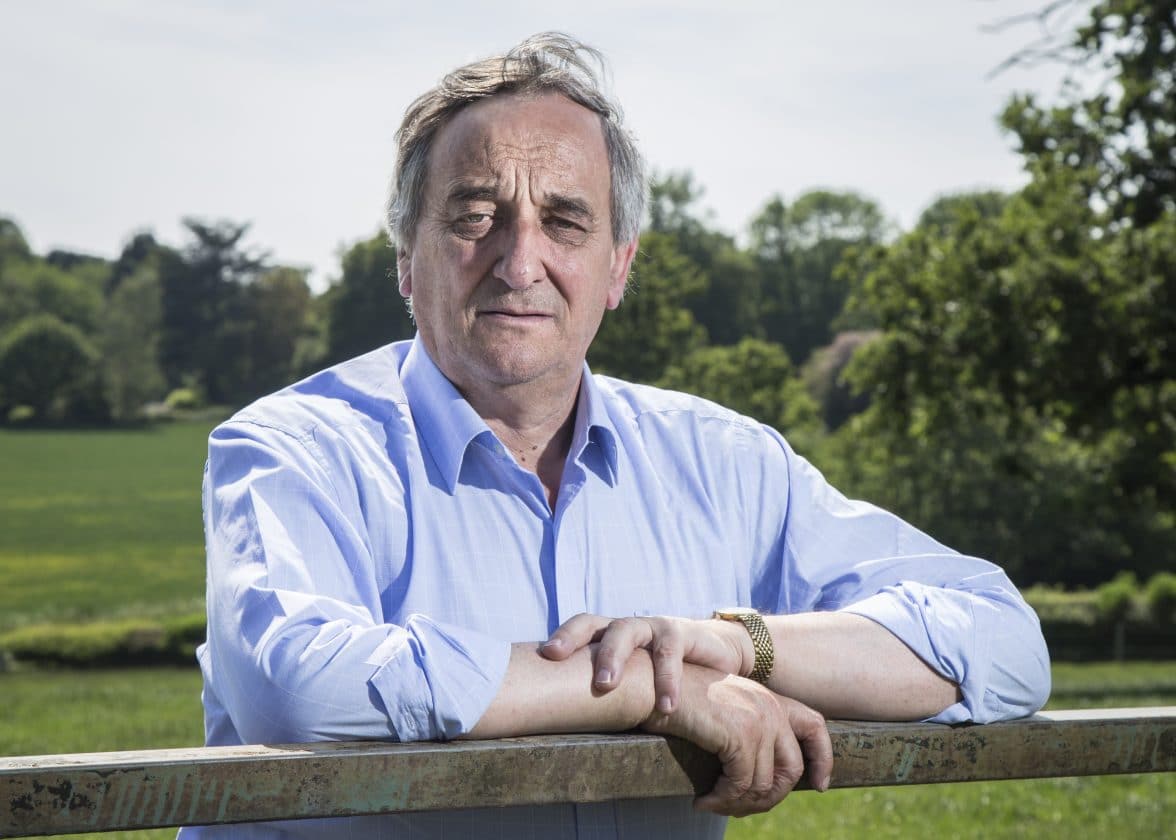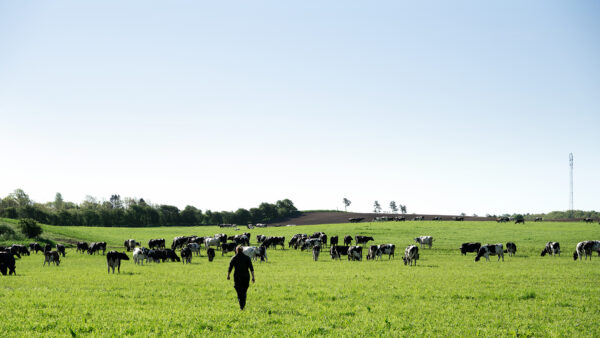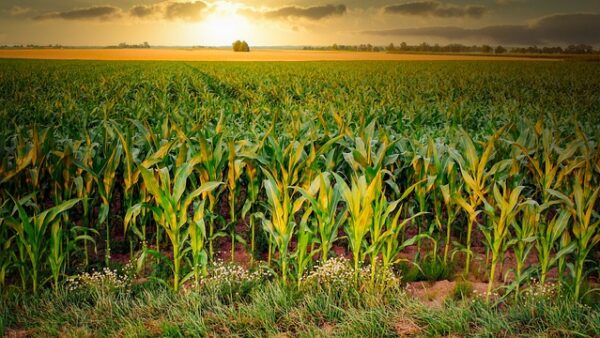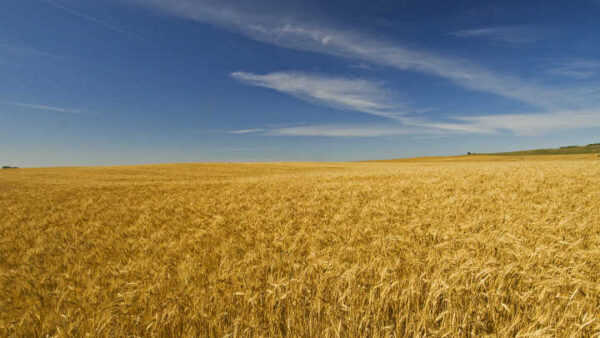Agriculture is facing its greatest challenge and its most exciting opportunity for generations.
Farming must be front and centre of Brexit negotiations, as Prime Minister Theresa May triggered Article 50 to kick-start the official process of Britain leaving the EU.
We are currently faced with an unprecedented chance to reshape the agricultural sector to deliver more for the UK, building prosperity and improving our quality of life.
How to maximise the benefits and minimise the disruption of Brexit is hugely important to the country’s future and has dominated the discussions at our most recent National Farmers’ Union (NFU) conference.
The NFU has commissioned a comprehensive report in order to demonstrate the true value of the agriculture sector and why the government should prioritise food and farming in its upcoming negotiations. For the first time, this report calculates the full contribution agriculture makes to the economy. It also assesses the social and cultural benefits that farming provides for the nation, including the role farmers play in helping to manage the countryside.
The report shows that the overall contribution of agriculture to the UK, based on the latest available figures, is £46.5 billion. This is spread across every part of the country, with agriculture playing a central role in truly rebalancing the economy. The sector employs some 475,000 people and produces the raw ingredients for the country’s largest manufacturing sector – food and drink. This sector is worth £108 billion and generates around £18 billion worth of export earnings annually. To give an idea of the significant return on investment this represents, for every £1 the nation invests in farming, a staggering £7.40 is generated. The research demonstrates that farming is a vitally important part of our overall economy.
In addition to its core role of feeding the nation safe, high-quality produce, farming also plays an important role in managing over 70 per cent of the UK’s land area, providing habitats for wildlife and countryside for us all to enjoy. This, too, has economic benefits: rural tourism is worth at least £2 billion a year.
The importance of agriculture – the bedrock of the nation’s food and drink industry – is that it is the largest manufacturing sector in the UK; it must not be underestimated.
Farming will only get the right deal if its coherent voice is heard by decision makers and that industry will work together to ensure that the country continues to enjoy great quality British food.
Our industry is vital to Britain. We have to take this opportunity to tell the country – and the world – of our high standards; of the pride we have in the food we produce and the importance of our industry. Farming and food production plays a crucial role in the life and economy of our country and therefore it is important this government ensures food and farming is at the forefront of their priorities as they negotiate our exit from the EU.
This is a golden moment for British politicians to show they understand the true value of the agricultural sector to this country. Food and farming must be a central part of our trade talks from day one. Our first opportunity, and our number one priority, must be focused on getting the best possible access to European markets.
Trade must be at the heart of the government’s negotiations. Seventy per cent of the UK’s exported food goes to the European Union; farmers need the freest access to its markets as possible. Liam Fox, Secretary of State for International Trade, is seeking new bilateral free trade arrangements. These need careful thought. New settlements must be entered into in full knowledge of the potential impact on UK producers. The UK has world-leading animal welfare standards. British produce is high quality and affordable – we must not jeopardise this. Fair trade with the rest of the world is what UK farmers seek and what the public needs. This means we need the same conditions to apply to imports as society expects of the UK’s farmers. We know that this is what the public wants: according to YouGov, 85 per cent of the population said they wanted more British food in supermarkets in 2015, up from 79 per cent the previous year.
Access to labour is also important. In recent years, the EU has provided an important source of seasonal and permanent labour for UK agriculture. The future health of the UK agri-food sector relies on its ability to source a competent and reliable workforce.
This is a monumental time in the nation’s history. We are being given a once-in-a-generation opportunity to shape the future of UK agriculture. We can now work with government to shape a domestic agricultural policy that promotes competitive, profitable and progressive farm businesses, designed to meet the specific needs of UK farmers.
What we need is our collective, coherent voice to be heard. The more NFU members who can get involved and meet their MPs, the greater impact we will have together. We will also continue to liaise with other organisations, both within and beyond the farming sector.
Of course, we farmers have responsibilities too. We will work closely with the government to continue to promote the qualities and values of British food production though assurance schemes, such as Red Tractor, all the while working to ensure we protect the woodlands, hedgerows, ponds and meadows which are such a crucial part of our national identity and rural heritage.
By seizing the opportunities that lie ahead, I believe we can make a success of Brexit for farming – the sector most impacted by the UK’s decision to leave the EU – and importantly make a success of Brexit for the nation.
Meurig Raymond is the President of the UK National Farmers’ Union













